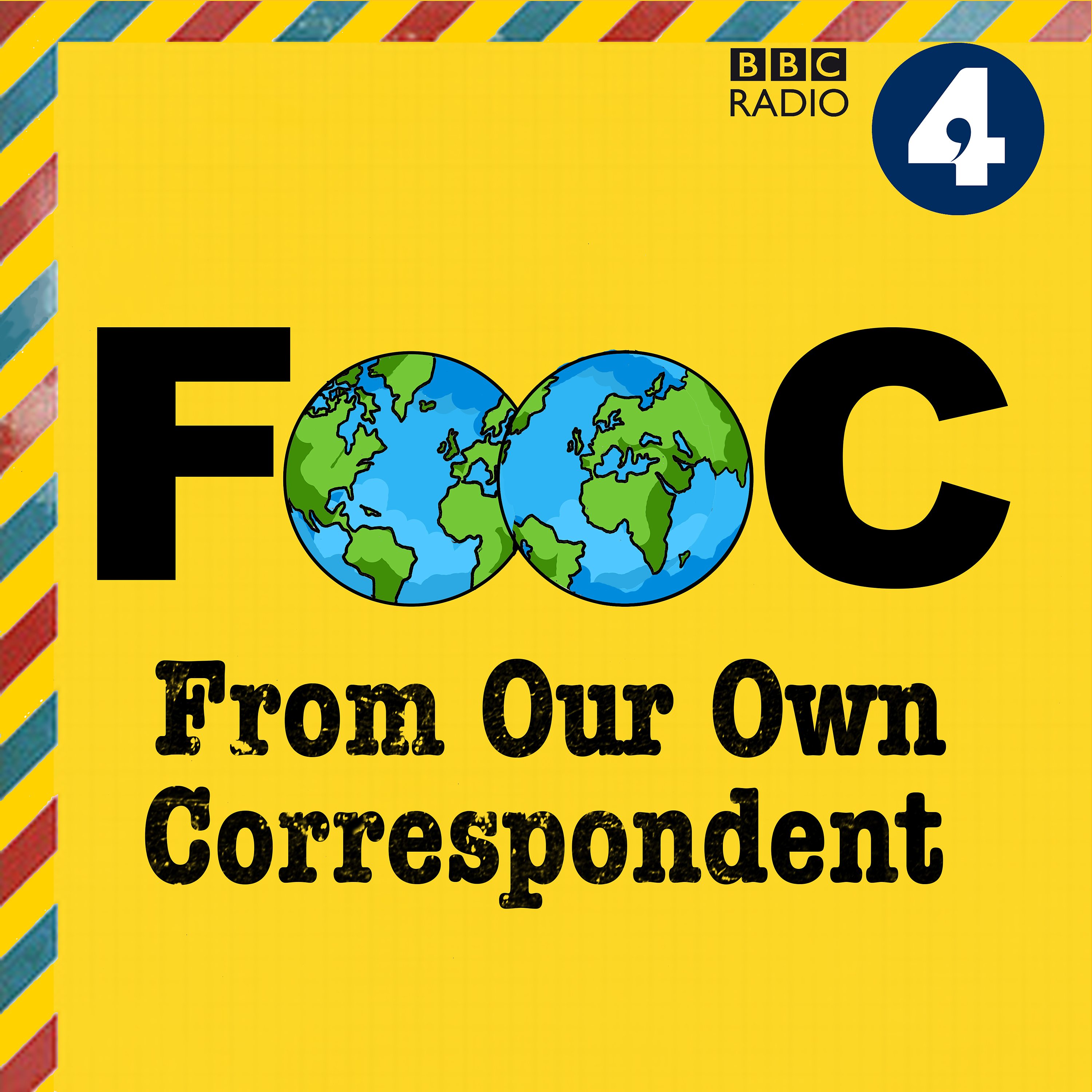Kyivs last stand

Ukrainian civilians have taken up arms in the face of the Russian onslaught over the last nine days, while women and children were forced to flee. Attacks on residential buildings and infrastructure have killed hundreds of civilians and the French President has warned that worse is yet to come. Lyse Doucet is in Kyiv has seen the week\u2019s events unfold.\nOver one million refugees have fled Ukraine in the days since the Russian invasion began. And as the long convoy of Russian military tanks closes in on Kyiv, the rush to escape to neighbouring countries has become ever more frantic. Nick Thorpe is at the Hungarian border and reflects on a different invasion.\nThis week Switzerland, after much soul searching \u2013 some might say dithering \u2013 decided to adopt all the European Union\u2019s sanctions against Russia. It was hailed around the world as a huge step, a virtual abandonment of the country\u2019s strict neutrality. But was it? Imogen Foulkes gauges the reaction of Swiss locals.\nThe Kasbah of Algiers has been recognised as a world heritage site. The ancient mosques, Ottoman palaces and souks are well-conserved. But the city\u2019s young people are disillusioned, with unemployment levels running high and the splendour of the citadel offers little opportunity for jobs. Rob Crossan spoke to some young men in a queue for liver sandwiches.\nMedia organisations have deployed large numbers of correspondents to Ukraine since the Russian offensive began. Several of the correspondents have experience of reporting on conflict, but Nick Robinson found himself in unfamiliar terrain. This is his experience as a witness to the days preceding Putin\u2019s invasion and the sudden turn of events that everyone hoped would never happen.